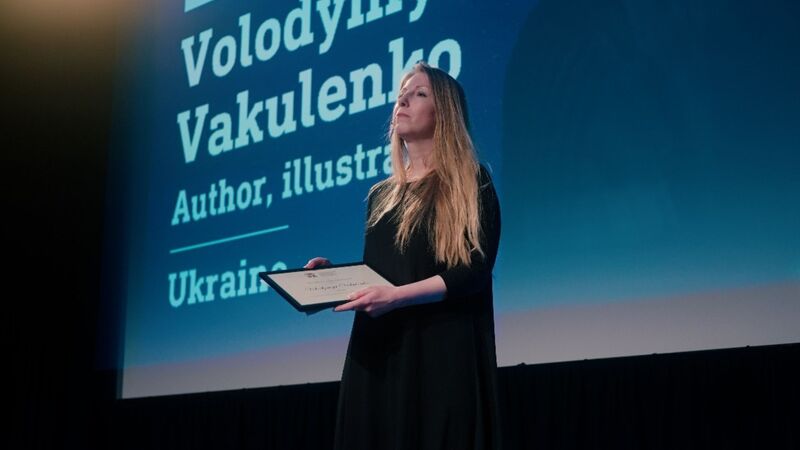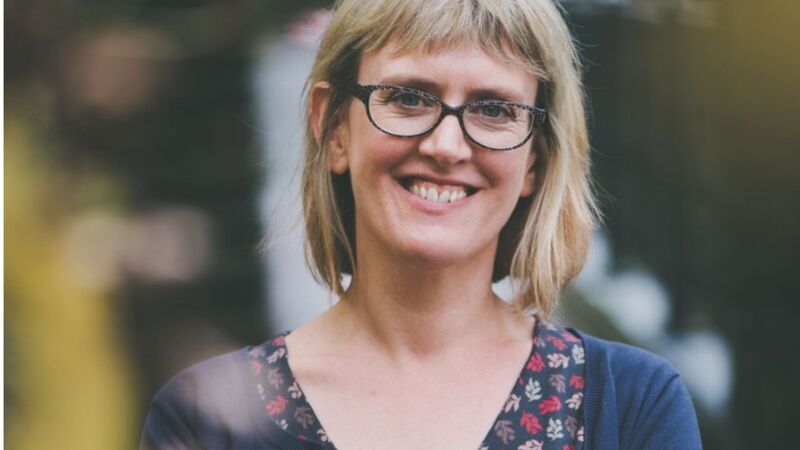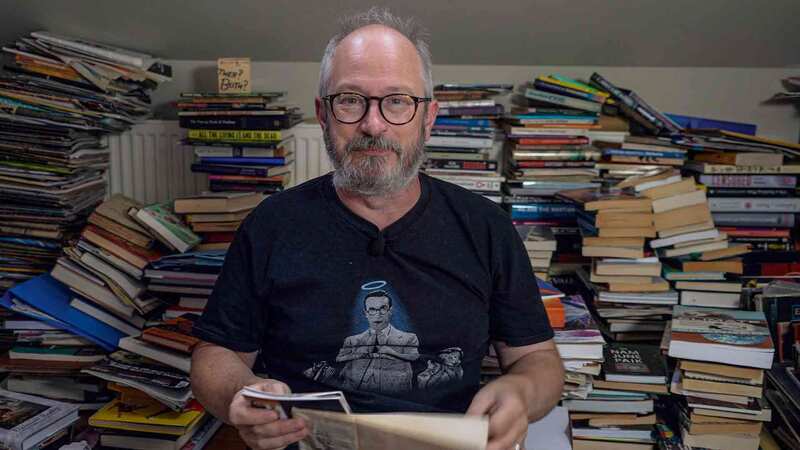You are viewing your 1 free article this month. Login to read more articles.
SoA seeks new law to protect authors
The Society of Authors (SoA) is lobbying the government to introduce a new law to protect authors' and creators' contracts.
Chief executive Nicola Solomon told The Bookseller the SoA is working with the Creative Rights Alliance and other organisations on draft legislation to make changes to the law within "the coming couple of years".
Without directly impacting on "headline terms", such as royalty rates, the SoA is proposing that "minimum principles" should be enshrined in legislation to help balance the "inequality of bargaining position" between authors and publishers. The SoA is pushing for the law to tackle "unfair terms" in contracts to help create a fairer and more "sustainable" market, according to Solomon.
Key issues being targeted are "clarity", in the wording of contracts, "equitable remuneration" - for example, proposing a "bestseller clause" in the event of earlier copyright buy-outs - "appropriate credit" and "reasonableness".
As part of a "general test of reasonableness" - already part of consumer rights legislation - the SoA is pushing for "use or lose it clauses" that ask for the reversion of rights not to be exploited by publishers after "a certain amount of time".
It also hopes to ensure against "anything contrary to the requirements of good faith or which causes a significant imbalance in the parties' right of obligations to the detriment of the author" and that "the small print is fair, doesn't restrict you and, quite particularly, doesn't restrict you forever".
Solomon also disagrees with the royalty arrangements for e-books where net profits are distributed 25:75 respectively between the author and publisher, saying it was not "a fair reward for the work that's done".
"We need to look at who is putting the value into the process at every stage," Solomon said, "and making sure the proceeds are shared fairly between people for the amount of value they put in and the amount of risk they take."
It is a good time to campaign for legal protection, according to Solomon, since the Consumer Rights Act guaranteeing basic rights for consumers was passed only last year and there are commonalities between consumers and creators as far as contracts go. Solomon argued neither were "in a position [...] to say these terms aren't fair" and that they share in "a relationship that can't be trusted just to be decided by the market".
While not the only route the SoA is pursuing, legislation is necessary to "make sure every creator is protected" and "so it is clear for everybody there are certain low, baselines we can't go below," Solomon said.
She pointed to negotiations with Amazon as one such example where authors are in "no position to be able to negotiate those terms and therefore we want to make sure they're protected against unfair terms in the same way consumers are".
The SoA issued an open letter, addressed to members of the Publishers Association and Independent Publishers Guild, seeking "serious contract reform" in January, also based on the SoA's CREATOR principles (an acronym setting out the need for Clearer contracts, fairer Renumeration, the obligation in the Exploitation of rights, proper Accounting clauses, appropriate credit given for Ownership of works, and Reasonableness).
Solomon said: "I absolutely don't believe all publishers are out to screw authors. That's not our line. I think a lot of this is not thought about, it's using old fashioned standard terms or it's not being aware of how something will operate in particular circumstances. We just want to make sure contracts are fair and fair in the future so if something unexpected happened under the contact it shouldn't be stretched to deal with it but the law should have an override.
"In publishing, where it's very common still to give contracts for the full term of copyright, we want something that futureproofs them - so that when new forms of exploitation are invented, people can't say 'I've got the rights to do them', you have to come back, you have to negotiate them, you have to talk about them. So you can get the reversion of your rights after a certain amount of time if no one is using them. And so we can make sure things are fair and commence in a way that can make money properly for everybody."
As part of discussions on copyright reform for the Digital Single Market, the European Union (EU) is also reviewing fairness for creators. The EU's ultimate aim to the harmonise copyright law is something publishers ought to be "alive to", according to Victoria Gaskell, partner at law firm Olswang, who spoke at the Westminster Media Forum last week, because such reform could favour larger, multinational publishers. Further developments as to the European Commission’s plans for copyright, and setting out copyright exceptions, are expected in the summer.















